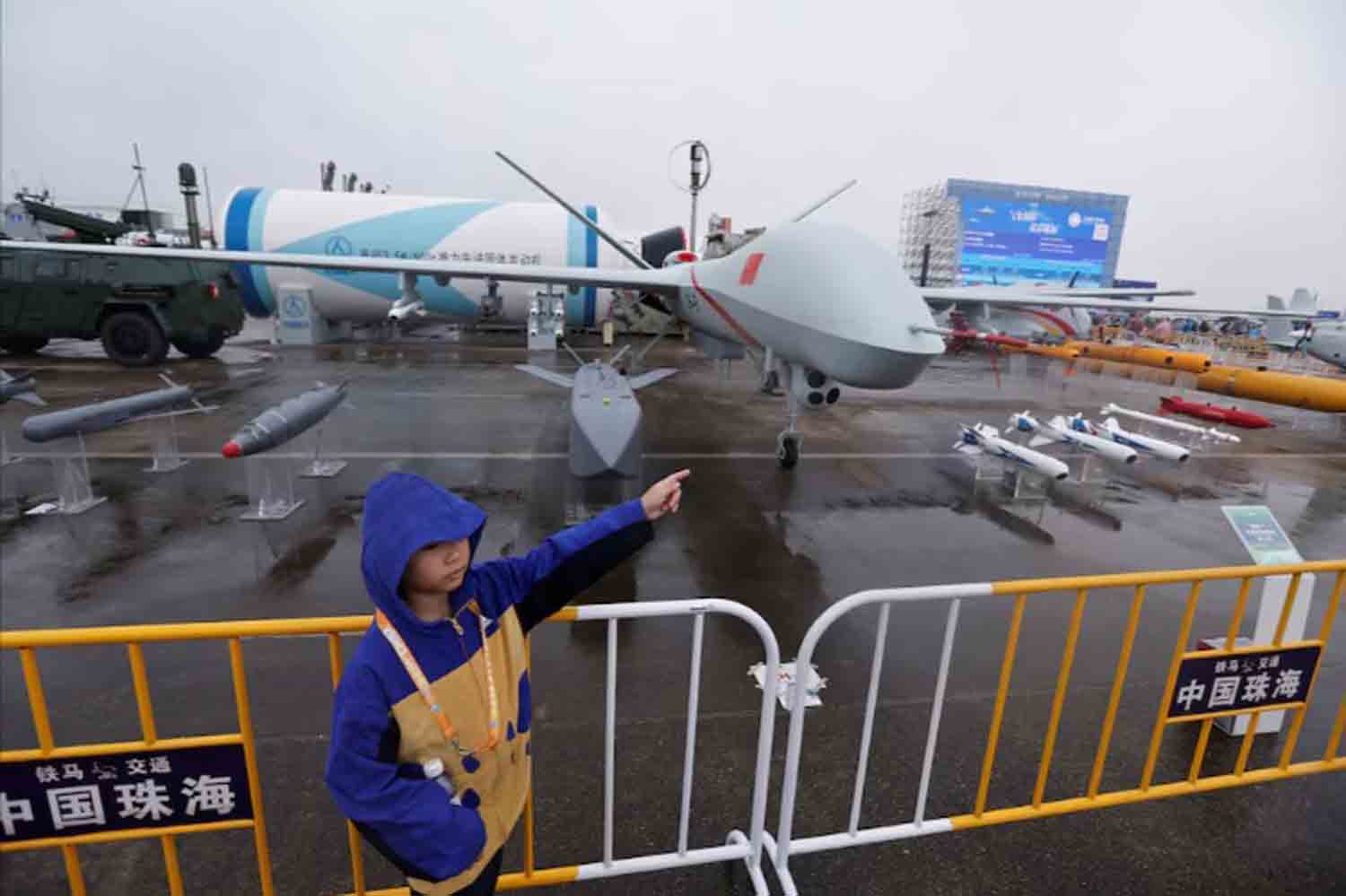U.S. President-elect Donald Trump has indicated a potential shift in his approach to China by nominating hardliner Marco Rubio for the position of secretary of state. This move suggests that Trump’s policy may extend beyond tariffs and trade, adopting a more aggressive posture towards China, which he views as America’s primary strategic adversary.
Rubio’s appointment, announced on Wednesday, was accompanied by other cabinet selections that could further strain U.S.-China relations, including Representative Mike Waltz as national security adviser and John Ratcliffe as the head of the Central Intelligence Agency (CIA).
Collectively, these appointments imply that Trump aims to overturn the Biden administration’s strategy of “managing competition” with China, addressing various issues from support for Taiwan to the implications of China’s involvement in the U.S. fentanyl crisis.
Republicans have criticized the Biden administration’s approach as overly accommodating. David Firestein, a former U.S. diplomat with expertise in China, noted that Rubio “truly believes that China is an enemy of the United States.”
Firestein remarked that Rubio’s perspective on China will influence all his actions regarding the country, noting that Rubio’s view of a zero-sum competition with China would intensify the rhetoric surrounding U.S.-China relations.
As secretary of state, Rubio would implement Trump’s foreign policy rather than define it, yet his appointment would place a prominent China critic with extensive foreign policy experience at the forefront of cabinet discussions.
Trump has committed to revoking China’s most-favored-nation trading status and imposing tariffs on Chinese imports exceeding 60%, a significant increase compared to those during his initial term.
Rubio is highly likely to receive confirmation from the U.S. Senate, where he holds senior positions on both the foreign relations and intelligence committees.
The fervently anti-communist Cuban-American’s backing of Hong Kong democracy activists led to Chinese sanctions against him in 2020. This would mark the first instance of China imposing active travel restrictions on a U.S. secretary of state, serving as an early indication of how Beijing may interact with the new Trump administration.
Rubio has also championed U.S. visa sanctions against Chinese officials and urged the State Department to prevent Hong Kong’s chief executive, John Lee, from attending the 2023 APEC summit in San Francisco.
While China’s embassy in Washington refrained from commenting on Rubio’s sanctions or his nomination, spokesperson Liu Pengyu expressed Beijing’s eagerness to collaborate with the new administration to foster ties “in a stable, healthy, and sustainable direction.”
HUMAN RIGHTS EMPHASIS
The issue of human rights in China has long been a point of contention between nations, and it remains a priority for Rubio.
He co-sponsored the Uyghur Forced Labor Prevention Act, which equips the U.S. government with a mechanism to prohibit Chinese imports due to concerns regarding the treatment of Muslim minorities in China, a situation that provokes strong reactions from Beijing.
Activists in Hong Kong regard Rubio as a supporter of their movement, particularly due to his sponsorship of the Hong Kong Human Rights and Democracy Act of 2019.
“We’re genuinely enthusiastic and eager to collaborate with him on these matters,” stated Frances Hui, an activist in Washington affiliated with the Committee for Freedom in Hong Kong Foundation, for whom China has placed a bounty on her arrest.
Rubio has also introduced a bill currently under consideration that would empower the Secretary of State to revoke the certification of Hong Kong’s economic and trade offices in the United States.
He contends that the significant loss of autonomy for the Chinese financial center from Beijing disqualifies it from receiving distinct governmental privileges.
It remains uncertain how much flexibility Trump, who has occasionally praised Xi Jinping, would allow his new Secretary of State in implementing restrictions on China, especially those that may conflict with other objectives of his administration.
“Trump’s foreign policy team is notably aggressive towards China, but they are likely to align with his direction if he shifts from a confrontational stance to a more negotiation-focused approach,” remarked Daniel Russel of the Asia Society Policy Institute.
During Trump’s initial term, the U.S. and China reached a trade agreement following a series of reciprocal tariffs, yet many analysts argue that China has failed to adhere to its commitments.
EXPORT CONTROLS AND TAIWAN SUPPORT
Rubio has concentrated on China, viewing it as a significant national security threat.
He has advocated for the blacklisting of the Chinese industrial battery manufacturer CATL, the elimination of capital gains tax benefits for U.S. firms investing in China, the tightening of export controls on American technology to China, and the closure of tariff loopholes for small packages sent from China, many of which are used to transport fentanyl precursor chemicals.
Perhaps most irksome to Beijing is Rubio’s unwavering support for Taiwan, the democratically governed island that China claims as its territory. This includes advocating for a free trade agreement and unrestricted interactions between U.S. officials and their Taiwanese counterparts.
Analysts are already predicting that Taiwan will initiate significant and early arms purchases following Trump’s inauguration, a prospect likely to be well-received by Rubio’s State Department, which is responsible for reviewing and approving foreign arms sales.
During his first term, Trump authorized over $18 billion in arms sales to Taiwan, in contrast to Biden’s $7.7 billion.
Some analysts speculate that Beijing may attempt to bypass Rubio and engage directly with Trump or other senior U.S. officials.
“If that strategy fails, we may see a more consistent escalation of tensions in the relationship,” stated Steve Tsang, director of the China Institute at London’s School of Oriental and African Studies (SOAS).
Discover more from Defence Talks | Defense News Hub, Military Updates, Security Insights
Subscribe to get the latest posts sent to your email.





